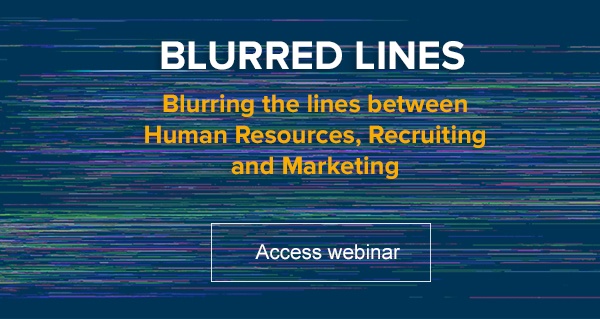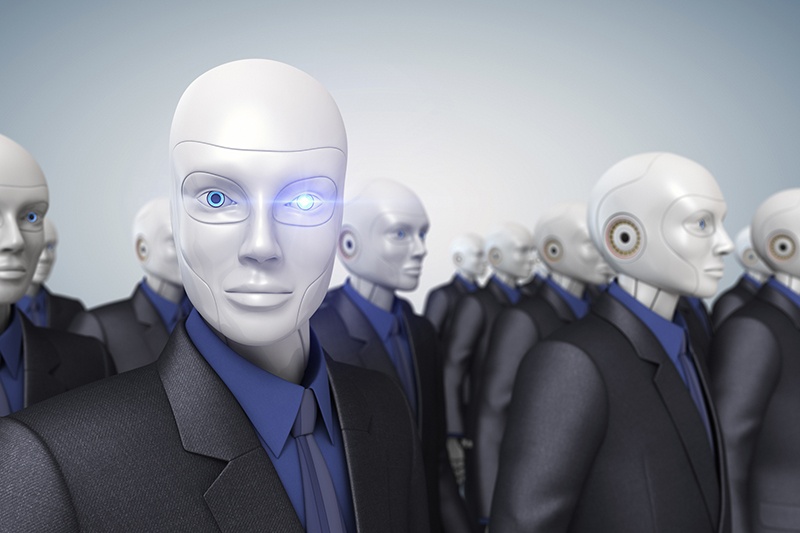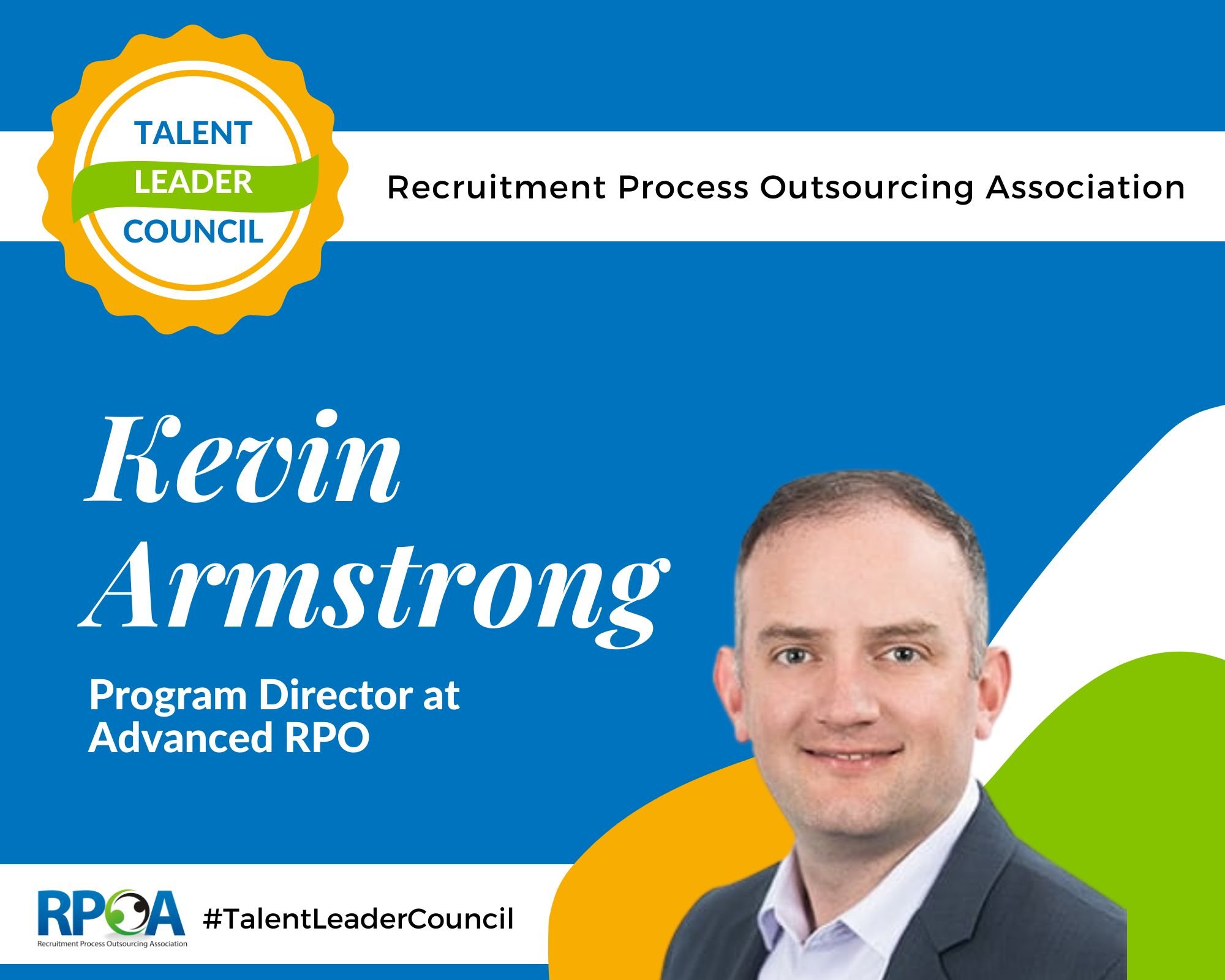
With the substantial number of technological advancements arriving in the recruiting space, there’s a growing worry that technology and AI will replace recruiters wholesale. Certainly, there is some truth to the notion. Technology often finds a way to replace the rote activities humans don’t care to perform (such as the auto industry or manufacturing). But should recruiters be scared for their jobs?
The answer to that question is a resounding “no,” says Tricia Tamkin, Partner at Moore eSSentials, a recruiter and researcher training and consulting organization. Some of the fear surrounding recruiting AI comes down to a misunderstanding of what exactly the difference is between AI and simple technology. Much of the innovation going on in the recruiting space right now is actually advancement in tertiary technology like automation. What exactly is meant by AI (artificial intelligence)?
Data and Algorithms
Artificial intelligence refers to a machine’s ability to take data we provide and use it to solve a task without any further prompting from a human. A hallmark of AI is the ability for a machine to not only complete a task we provide, but to become better at performing it over time through repeated execution of the task and as more data is obtained, explain Erik Brynjolfsson, director of MIT’s Initiative on the Digital Economy, and Andrew McAfee, a principal research scientist at MIT, in an article for Harvard Business Review.
Enormous strides in two areas of AI, perception and cognition, have led to impressive feats in image recognition and problem solving, leading to gains in industries such as security and health care (for identifying cancer, for example). However, the use of AI is still quite narrow, Brynjolfsson and McAfee explain:
“If someone performs a task well, it’s natural to assume that the person has some competence in related tasks. But machine learning systems are trained to do specific tasks, and typically their knowledge does not generalize. The fallacy that a computer’s narrow understanding implies broader understanding is perhaps the biggest source of confusion, and exaggerated claims, about AI’s progress.”
In short, even if a recruiting system using AI manages to replace an aspect of current recruiting methods, it will only be that particular aspect that becomes redundant. And as anyone working in talent acquisition knows, hiring is a made of numerous intricate parts.
Suggested: What does Google New Recruiting Tools Mean for Talent Acquisition Professionals?
Advancement is Restricted
The bottom line is that AI in recruiting cannot fully replace the entirety of the recruiting force. Instead, it’s far more likely that some of the more mundane administrative tasks that are required when hiring will be eliminated, explains Tamkin. There are also several issues standing in the way of a fully automated hiring process.
Ethics in recruiting is just one example: would an AI programmed by an individual eventually learn to select based on that programmer’s preferences, even when those preferences show bias? These kinds of questions have yet to be sorted out and would require a large number of new or revised policies to accommodate the complexities introduced by AI.
Quality data is also a limiting factor of AI and machine learning. An AI recruiting program needs plenty of high-quality, accurate data in order to provide accurate results. For smaller talent acquisition agencies, this level of data may be difficult or expensive to obtain.
“We’re going to see the increase in the use of AI in corporate America first. Many third-party agencies simply can’t afford it,” said Tamkin.
Finally, one of the more crucial elements of recruiting involves the acquisition of passive job candidates. These job candidates aren’t within the active candidate pool, and will be unable to be reached through automated recruiting as we currently envision.
“When I build all of this AI around interacting with candidates to increase the user experience and I’m only dealing with active candidates, it seems like I’m investing a whole lot of money and time to cater to the subset of the market that is the least appealing,” observes Tamkin.
By and For Humans
Nothing will turn talent acquisition away from the machine-driven path it currently travels. But talent acquisition is a “people-business,” one that thrives on personal connections, networking, and the human touch.
For now, recruiters should temper their fears about AI and keep an open mind to the possibilities that advancements in this technology will bring to their careers. Should machine learning begin to eliminate portions of a recruiter’s job, it may just allow recruiters to perform their job with even greater focus, making their job easier and their performance better.















